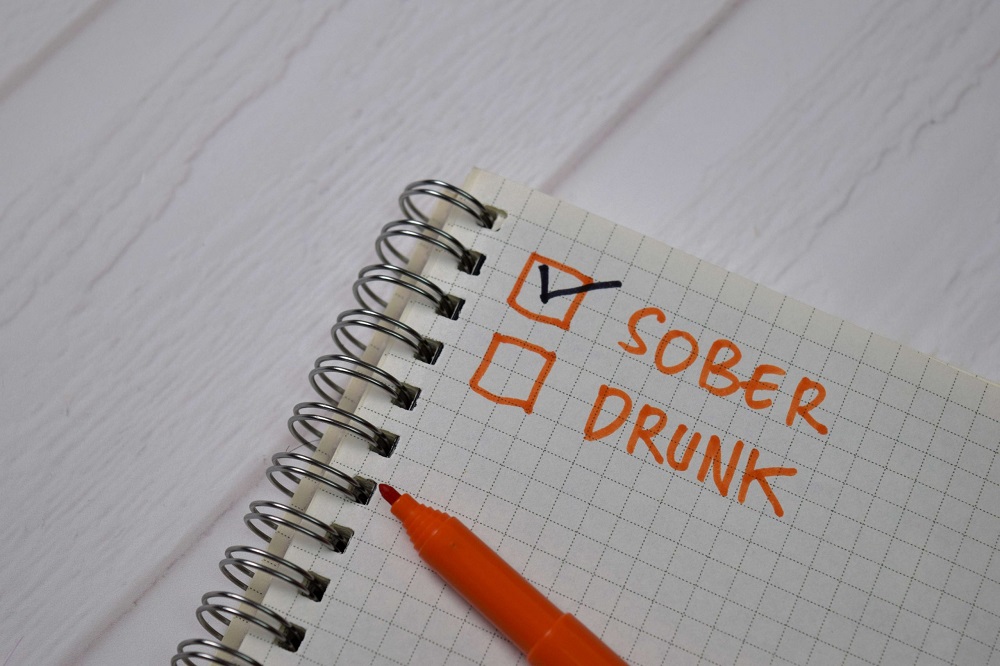What is under our control is making time for stress relief to recover, recharge, and rebalance our bodies. Fortunately, stress and anxiety reduction techniques can help you keep stress at a healthy level, and improve your overall health and well-being. Over time, feeling stressed may even contribute to developing diseases https://www.errefom.info/2020/04/26/page/3/ such as heart disease, diabetes, and arthritis, and an overall weaker immune system. When you experience stress, hormones in your body are released to prepare you to face the situation. Your breath and heartbeat quicken, your blood sugar rises, and your brain takes up additional oxygen to increase your alertness.

Understanding Stress Levels

But if stress is a daily occurrence, isn’t letting up, and is causing symptoms of anxiety or depression, it may be time to consider talking with a mental health professional. Meditation is another https://clomidxx.com/baby-born-without-an-immune-system-is-finally-allowed-home/ valuable strategy for coping with stress. Mindfulness or meditation exercises can help you relax and allow you to approach your negative thoughts and emotions from another vantage point.
Resources From PositivePsychology.com
This article explores stress, its impact, and the risk of burnout. We then explore techniques, exercises, and tips to help us reduce its harmful effects and reframe how we see pressure while regaining our sense of control. Anxiety turns on your body’s stress response (also called fight or flight). This instant surge of stress hormones is a survival response. It prepares you to react quickly and protect yourself if you need to.
Connect with people
When you cuddle or touch your pet, your body releases oxytocin — a hormone linked to a positive mood. While yoga styles differ, most share a common goal — to join your body and mind by increasing body and breath awareness. If you find yourself procrastinating regularly, it may be helpful to make a to-do list organized by priority. Give yourself realistic deadlines and work your way down the list. Sometimes, adding an item to the list may help you feel better about it, even if it doesn’t get done immediately. They noted that regular journaling may be linked to a higher quality of life, more proactive self-care behaviors, and other healthful behaviors, such as taking prescribed medications.
Deep breathing
- Most of the tips we’ve suggested provide immediate relief, but there are also many lifestyle changes that can be more effective in the long run.
- Similar to self-talk, controlled distraction reduces anxiety by redirecting attention away from a negative situation.
- Turn the TV off earlier, dim the lights, and give yourself time to relax before going to bed.
Work-related stress can lead to decreased energy levels, difficulties performing, and tense relationships. It has evolved the potential to solve complex problems and successfully manage unexpected and novel situations. If you’re looking for more science-based ways to help others overcome adversity, this collection contains 17 validated resilience tools for practitioners. Having worked with athletes and Navy SEALS, Crum and Crum (2018) propose a three-step approach to harnessing the positive aspects of stress while minimizing any negative health impacts.
Helpful Resources From PositivePsychology.com
- Among many benefits, progressive muscle relaxation has been found to reduce salivary cortisol levels, anxiety, heart rate, and blood pressure (Varvogli & Darviri, 2011).
- The third tool is an exercise to help develop work–life boundaries.
- On the other hand, it may be beneficial to reduce the impact of stressors, which could be more beneficial in the long run for things we do not have the power to change.
- Leisure activities can be a wonderful way to relieve stress.
Activity helps clients focus on what is right with them rather than wrong. Hope is a positive, optimistic frame of mind in which we expect good events and scenarios to occur. The ability to remain hopeful can help you bounce back more effectively from life’s difficulties when they crop up (Seligman, 2011). Self-care is not a nice-to-have but essential to keep us functioning well and improving our overall wellbeing (Bush, 2015). Ask the client to consider which one’s offer short-term relief and which provides long-term support.

It might be useful to make an action plan to schedule more family time. This doesn’t mean getting rid of stress by distracting yourself. Instead, Peterson suggests, replacing your stress involves taking small steps http://ladaonline.ru/news/3194/h?PAGEN_1=907 to add more of what you want to your life. “Rather than just seeking to reduce [stress], shift your attention,” Peterson says. Stress is an inevitable part of life, and it’s impossible to avoid or eliminate it.

- Engage in activities that bring you pleasure and joy; research shows that reduces stress by almost half and lowers your heart rate, too.
- And the best news is, there are many different kinds of activities that can reduce your stress.
- “Rather than just seeking to reduce [stress], shift your attention,” Peterson says.
Hosted by therapist Amy Morin, LCSW, this episode of The Verywell Mind Podcast shares how you can change your mindset to cope with stress in a healthy way. While these techniques can be time-consuming, reducing stress is necessary to improve our well-being and mental and physical health. An effort to “stay strong” denies you the feelings your heart longs to experience under those challenging circumstances. In stressful situations, look for five things you can see, four things you can hear, three things you can touch, two things you smell, and one thing you can taste. The difference between those that handle such unpleasant feelings well and those that don’t may depend on how they make sense of them (Forsyth & Eifert, 2016).

